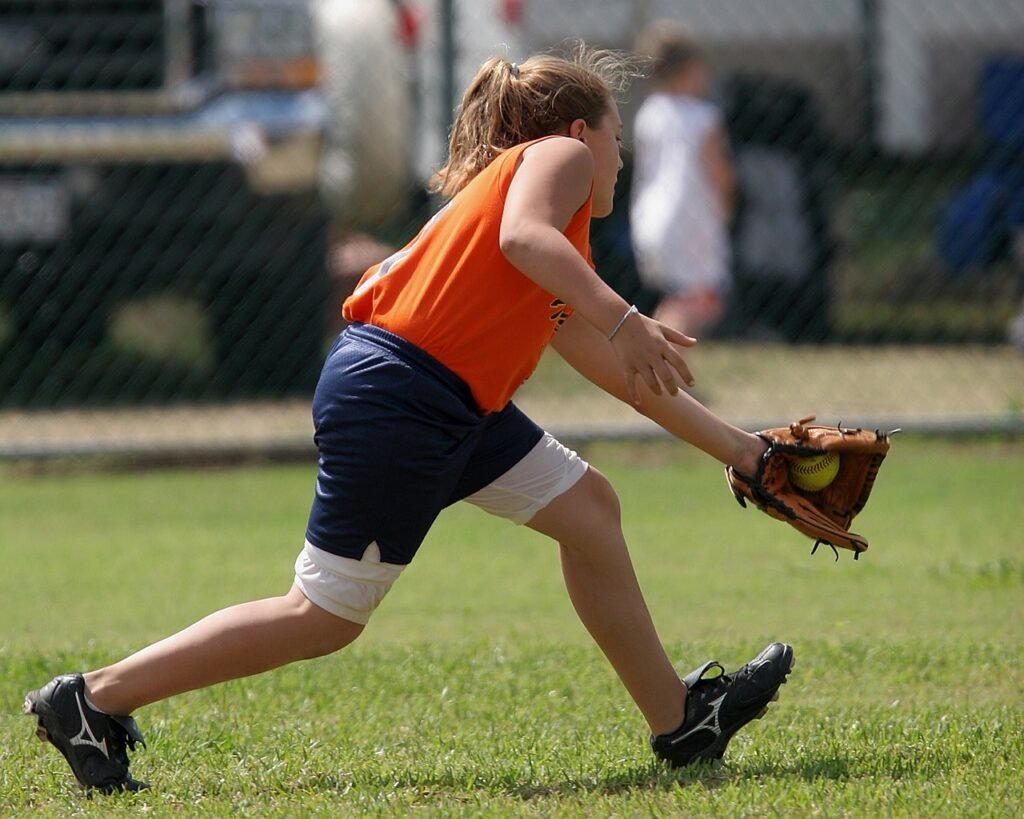able
The word “able” is used when enough time, energy, or strength is put into an action or a situation.
“Able” can be an adjective, a verb, or serve as a suffix.
Examples:
- How much weight are you able to lift?
- What time is he able to be here?
- When will they be able to complete the work?
- She is a very able assistant.
- Do you think this is doable?
- This guitar is no longer playable.
a. (be) able to -- present tense
This is a very common verb phrase. The meaning is similar to “can.”
singular
I am able to grow.
You are able to grow.
He is able to grow.
She is able to grow.
It is able to grow.
plural
We are able to grow.
You are able to grow.
They are able to grow.
The verb “be” determines the verb tense.
a. (be) able to -- present tense

- They’re able to plant things in the ground because it’s warm.
- The plants are able to grow if they have enough water, good soil, and light.
- Are you able to have a garden in the place where you live?
“Be able to” is similar to the modal verb “can.”
b. (be) able to -- past tense
To make this past tense, use “was” or “were” for the verb “be.”
singular
I was able to grow.
You were able to grow.
He was able to grow.
She was able to grow.
It was able to grow.
plural
We were able to grow.
You were able to grow.
They were able to grow.
In the past tense, the verb “be” changes to “was” or “were.”
b. (be) able to -- past tense

- We were able to grow a lot of vegetables last summer.
- Were you able to grow anything?
- What did you grow?
- What were you able to grow?
It’s important to understand that the verb “be” can take many forms: am, is, are, was, were, will be, can be, has been, have been, had been, etc.
c. Use "able" as an adjective or suffix.
- He is a very able assistant. (adjective)
- He is very capable. (The word “capable” is an adjective with an “able” suffix.)
- They proved themselves able to complete the work.
- Noise makes her less able to concentrate.
- She became able to walk with the help of new technology.
Some common words in English with an “able” suffix: lovable, livable, durable, drivable, edible, walkable, playable, washable.
It’s useful to observe that the word “able” is usually part of a verb phrase (be able to), but you can also use it as an adjective or as part of another word.
c. Use "able" as an adjective or suffix.

- She’s a very able athlete. (adjective)
- She has great abilities as an athlete. (The word “abilities” is a noun.)
- She is able to play any position on the field. (is able to = can. This is a verb phrase.)
